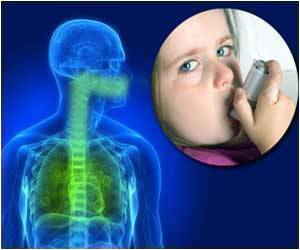In Delhi, not just people belonging to high-risk groups but others with underlying respiratory problems are coming with complaints of chest tightness and congestion.

‘With Delhi and NCR region engulfed in smog, doctors say that not just people belonging to high-risk groups but others with underlying respiratory problems are coming with chest tightness and congestion.’





"There is significant raise in the number of people coming to the emergency and the OPD with chest tightness and congestion. People with asthma and COPD (Chronic Obstructive Pulmonary Disease) have gone up by 15-20%," said Randeep Guleria, Professor and Head, Pulmonary Medicine and Sleep Disorders, AIIMS. "Also normal people who have underlying respiratory problems are coming with feeling of chest tightness because of pollutants which are at toxic levels. Not just the high-risk group like elderly and small children, but also normal people are getting affected," he added.
He also said there is a need to take emergency measures in the current situation. "This is like an emergency situation. We should try and see what we can do about traffic on the road, crop burning, and decrease of road dust. We need to be aggressive at all fronts because there are multiple factors. It is not just one factor that is contributing to the pollution," said Guleria.
According to doctors, high-risk people should try and stay indoors and drink lots of fluids.
"People should try and avoid going out They should stay indoors, drink lots of fluids so that body moisture and body hydration is good," said Arup Basu, Pulmonologist at Sir Ganga Ram Hospital.
Advertisement
Basu also said those who have breathing problems should consult a physician and avoid crowded places.
Advertisement
Experts say since there is no significant wind or breeze in the air, the dust and haze are not getting blown away.
Raj Kumar, Professor and Head, Department of Respiratory Allergy and Applied Immunology at Vallabhbhai Patel Chest Institute, said, "Not just the people with asthma and COPD are getting affected by the pollution level, but also the normal people. This year the pollution level has been worst in many years."
Source-IANS











